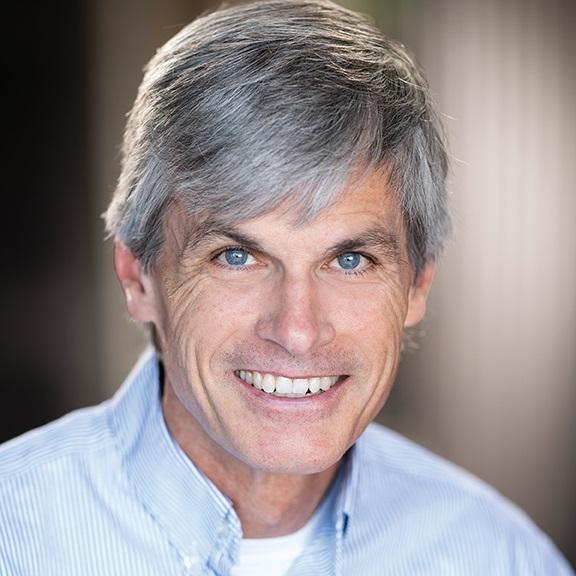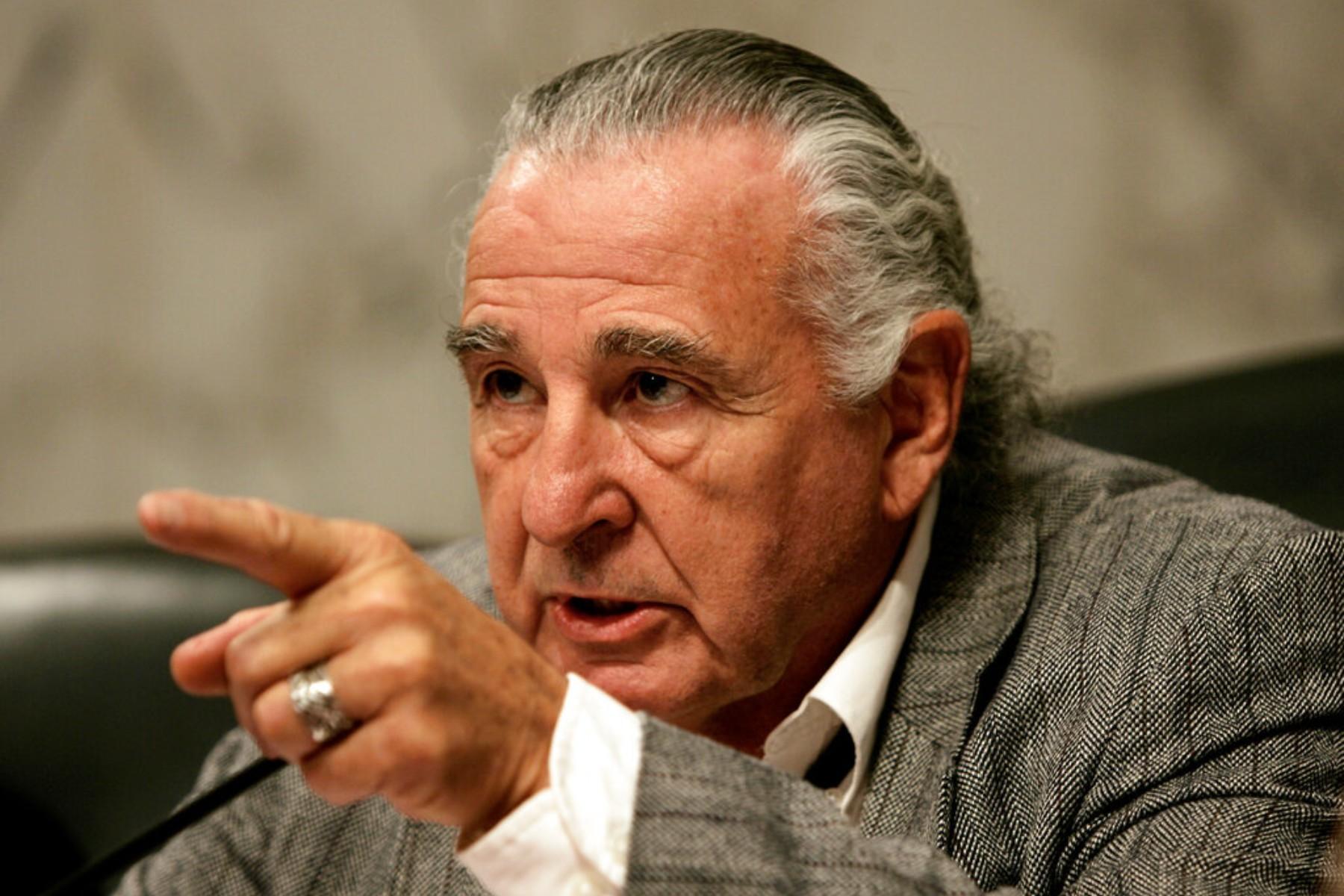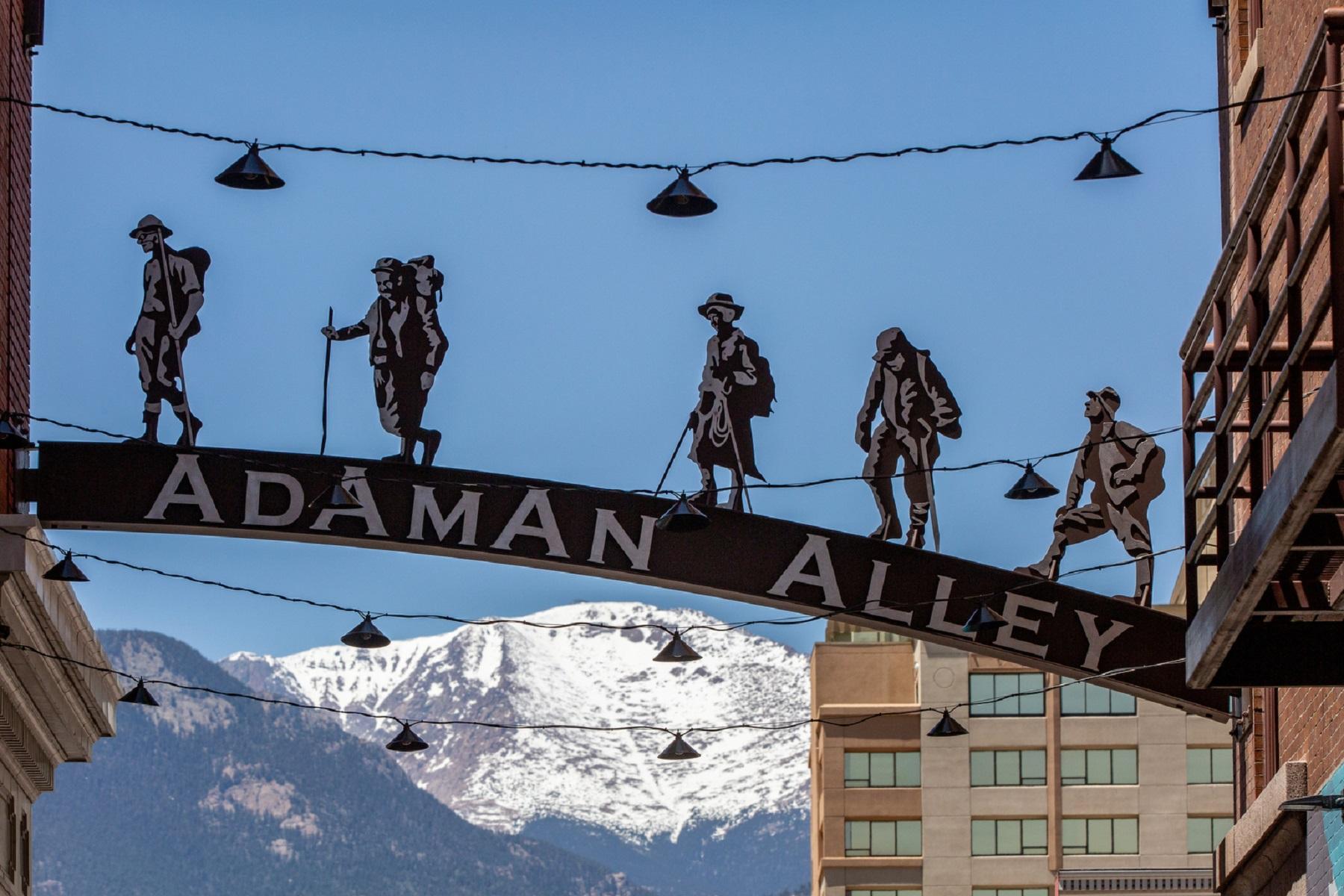
When he looks around at schools, politics, and even language in the United States, Tink Tinker sees that what he calls white Christian colonialism is alive and well. A member of the Osage nation, the retired professor spent his career at Denver's Iliff School of Theology teaching people about indigenous cultures. Iliff has launched a program to continue Tinker's work.
During a wide-ranging interview, Tinker tells Colorado Matters that as recently as the mid-1970s, Iliff itself had a book on display that was a gruesome example of how colonialism was still evident on school grounds. The book was presented as a special gift to Iliff by a methodist minister in 1893 shortly after the school’s inception. It was a rare book -- a history of Christianity dated 1759 -- bound in the flayed and tanned skin of a murdered American Indian.
Interview Highlights
Tinker on finding peace with Iliff after learning about the book:
"Back in 1985 I took one our medicines, lit it, burned it, created smoke. I took that smoke through every part of the building that I could reach in order to purify it. Especially my office. I did that regularly. Even though there was a smoke detector, I found ways of smudging my office, just purifying it, so I could be there. So I could be there in order to press Iliff to be more accountable. In fact over 30 years I finally have a president who is much more accountable, and is willing to be much more transparent."
On the differences between the Indian understanding of life and the white Christian point of view:
"The Euro-Christian world is hierarchal. Everything is up-down in terms of the metaphoric image of life. So you have a president, Congress and the people. You have a governor, legislature and the people. … Our world is a more co-lateral, egalitarian metaphoric scheme, where everybody is on the same plane. But people say, “You had chiefs!” Well we did it even better. We had two chiefs in every village. One spatially aligned with the north, or the sky people. The other aligned with the earth people and the south. And they took turns every other day being in charge. Kind of like having Donald Trump on Mondays and Hillary Clinton on Tuesdays. Neither one had all that much authority, it was very discretely bounded, so that authority was actually distributed throughout the whole village."
On battling the long-lasting economic effects of colonialism:
"As a result of 500 years of colonialism, we’re rooted at the lowest socio economic rung of this continent. We’re poor. In fact the national unemployment rate has been somewhere near 60 percent for American Indians. On some reservations, chronically at 85 or 90 percent. Pine Ridge is at 85 or 90 percent, six hours away. Rosebud, seven hours away, same story. What we need is some sort of economic base that will enable us to both be Indian and maintain our culture, and at the same give us the resources to thrive."









